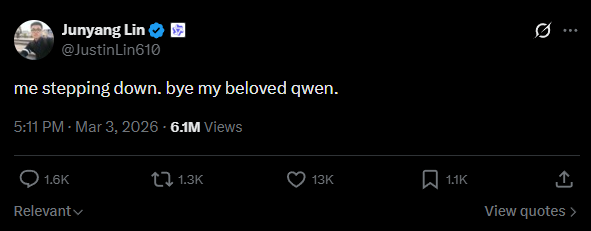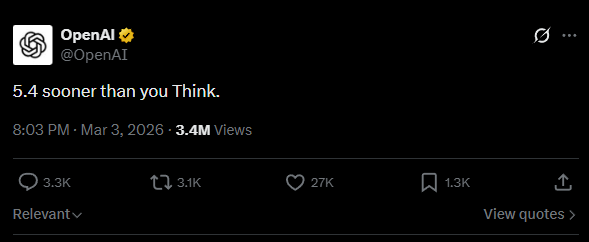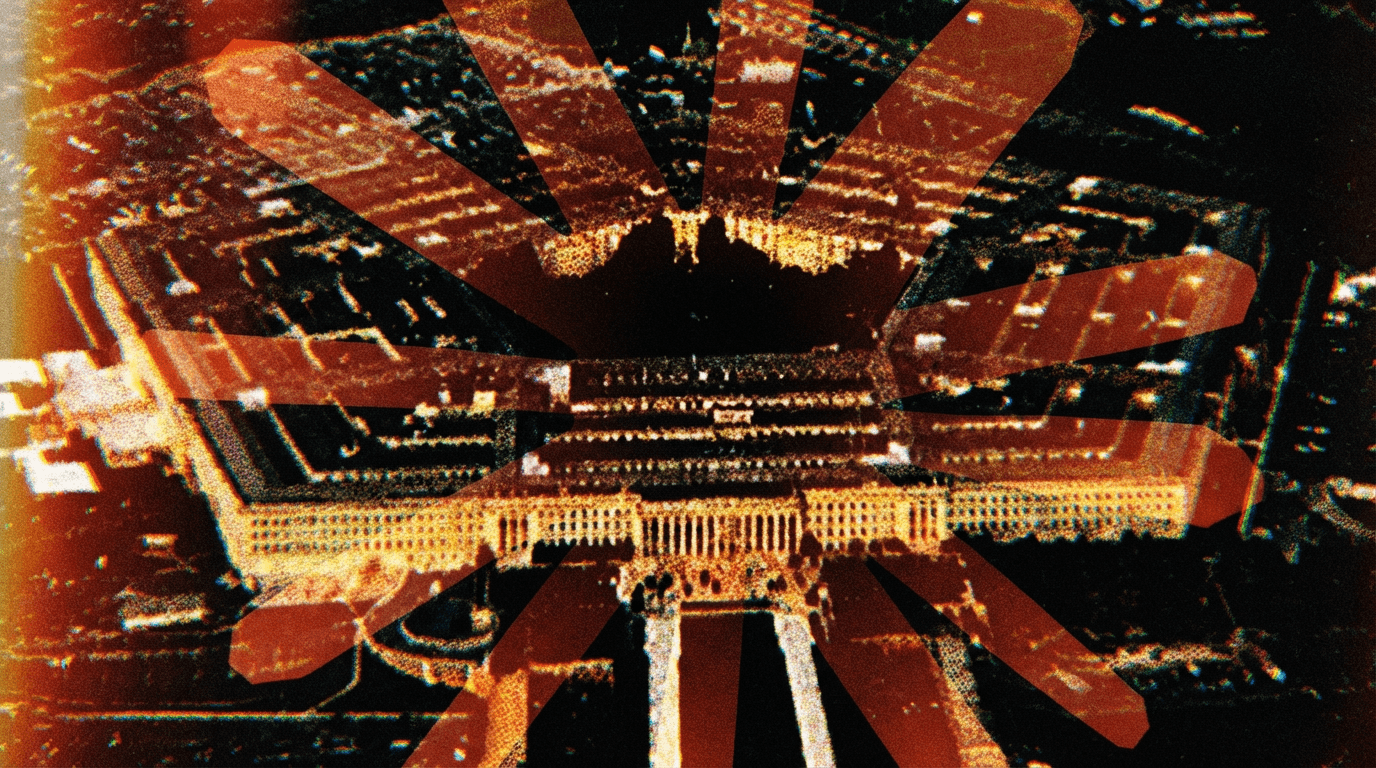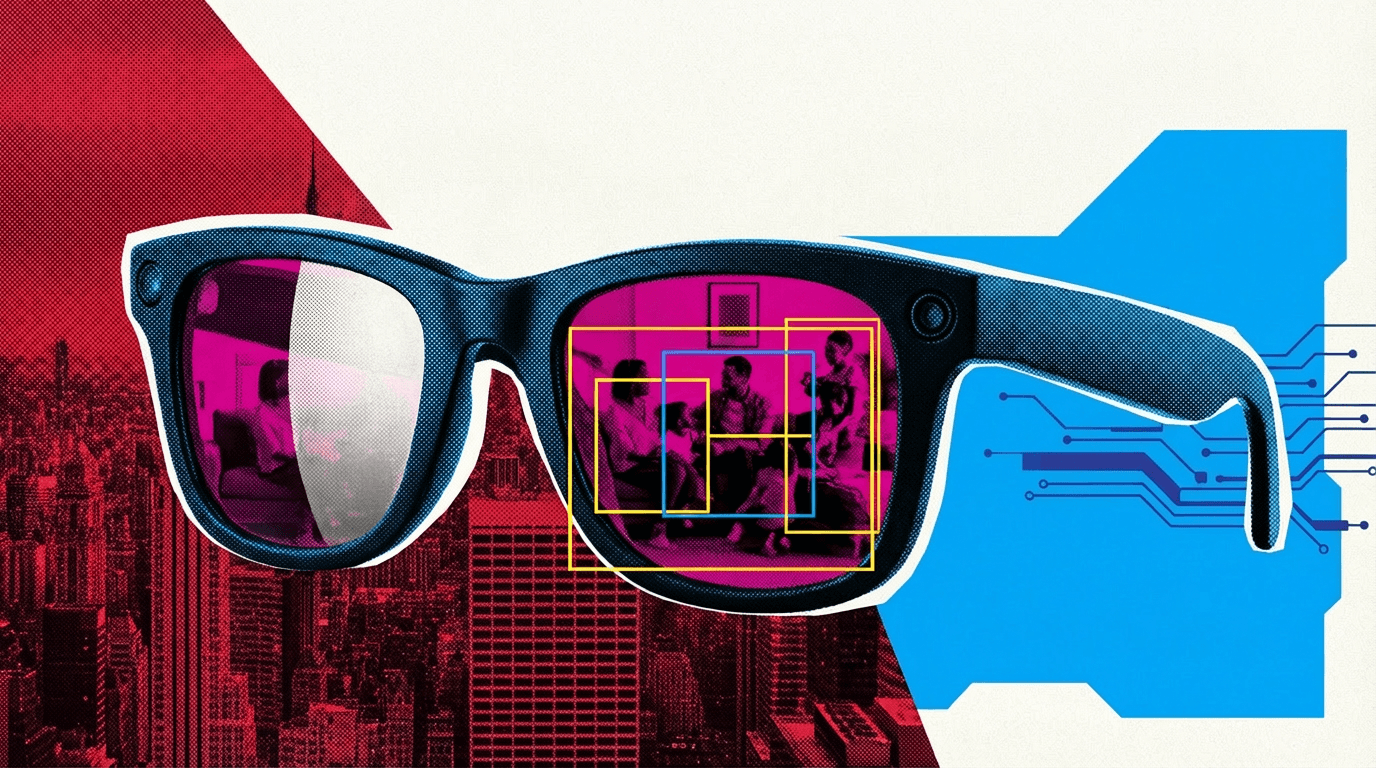Alibaba's lead AI researcher Junyang Lin has unexpectedly resigned. Lin was the driving force behind Alibaba's Qwen model series and shaped the company's open-source strategy. According to Chinese technology portal 36Kr, several core team members followed him out the door, including Binyuan Hui (Qwen coder), Bowen Yu (post-training), and Kaixin Li (Qwen 3.5/VL). A number of younger researchers reportedly also quit on the same day.

Alibaba CEO Eddie Wu accepted Lin's resignation and announced a new "Foundation Model Task Force," which he will lead alongside CTO Zeming Wu and Jingren Zhou, The Information reports. The company says it plans to double down on open source and ramp up AI investments. "In technology, standing still means falling behind," Wu wrote in a memo to the team. "In technology, standing still means falling behind. Advancing foundation models is a core strategic priority for our future."


